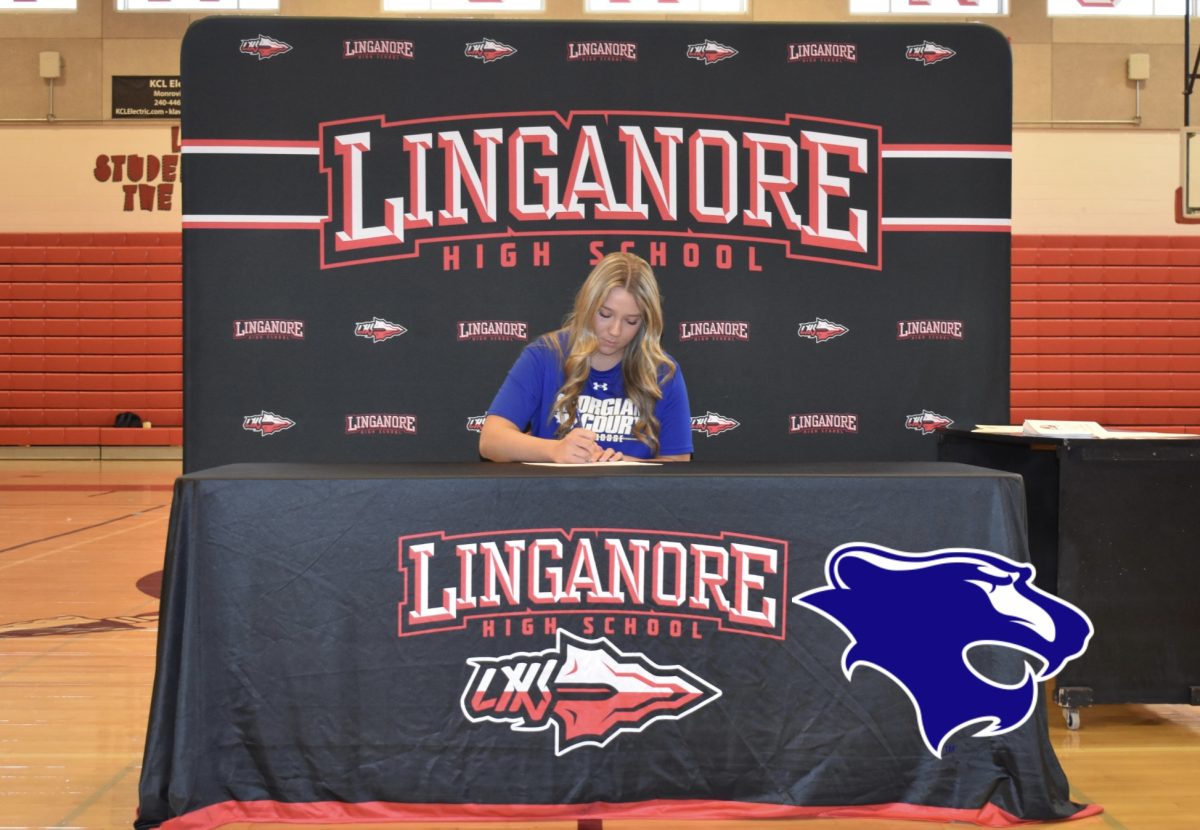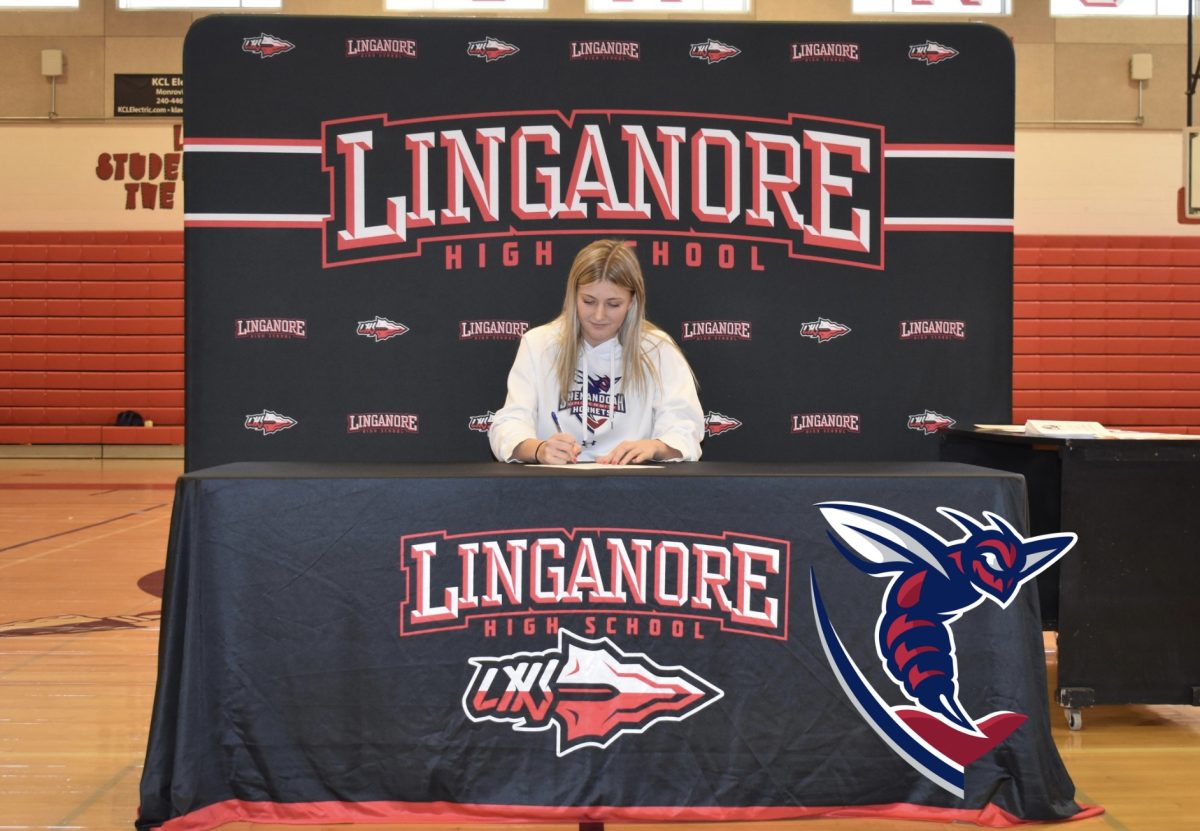Eight run for BoE: How will they support students?
April 14, 2016
This election season, Americans have been subjected constantly to news stories and polls covering the race for the Oval Office, in which five candidates remain. How soon forget about the campaigns closer to us, like the one for retiring US Senator Barbara Mikulski’s seat and for the eight spots in the House of Representatives open this cycle. Even closer to home is the sprint for three seats on the Frederick County Board of Education, an organization that is often given little attention despite its incredible importance to the community.
For students, this year’s BoE election, might even have a greater impact than the presidential race. The primary election is April 26, and that outcome will narrow the field of candidates for the general election in November.
As the governing body for Frederick County Public Schools, the Board is responsible for every rule, regulation, book, dollar, and class that FCPS creates, spends, or maintains. The Board also hires the Superintendent of Schools, an office that has been held by Dr. Terry Alban since 2011.
The Board of Education consists of a council of seven individuals, with widely varying backgrounds. It also has a student member, who does not have voting privileges, but serves as the representative of all Frederick County Public Schools students. Sarah Perez, a junior from Tuscarora High, currently holds the position.
Board of Education members serve for staggered, four-year terms so that only a few seats of the seven are up for election in an election year. This current election has three seats open. Currently, there are eight candidates running for the open positions; of the eight, two are incumbents seeking re-election. The candidates are Dr. Zakir Bengali (incumbent), Michael Bunitsky, Lois Jarman, Dr. Ken Kerr, Jay Mason, Shirley McDonald, Cindy Rose, and Joy Schaefer (incumbent). The third incumbent, Kathryn Groth, will be retiring this election cycle and will not seek re-election.
The candidates state that they want to serve on the BoE because they feel a sense of duty to the students and teachers within the educational system in addition to the community that FCPS serves. Of this commitment, Dr. Bengali, a retired scientist and educator, said, “This is the way to pay back my [dues]… to the community.”
The candidates also agreed that the budget for the school system would be an issue regardless of who wins this Board election. Candidate Jay Mason, a realtor, summarizes the necessity of good budgeting. “Good schools are like good businesses,” he said. “It is important to know how to use your funds properly.”
Candidate Cindy Rose also predicted that getting the Board to agree on issues may also be a future problem, stating that “Consensus is always the hardest thing to gain. You need four votes to accomplish anything.”
Where the candidates begin to diverge, however, is in their priorities. Jarman and incumbent Bengali both believe that one of the most important problems that the school board must address is the overwhelming class sizes that are so common in Frederick County schools. Both candidates are of the opinion that the classes that Frederick County schools offer “are not designed… to have as many as 35 or 40 students,” said Bengali.
“Large class sizes are unfair to students and teachers,” as Jarman aptly states.
The Board of Education voted last year to increase class sizes in order to meet budget needs, but the effects have been severe. Some schools have even lost electives.
Ken Kerr, Frederick Community College’s current English Department chair, wants to ensure that high school prepares students for college and finding careers. Kerr thinks that “FCPS does a really good job with the elementary grades. It’s when the children start to become young adults is where we start to falter.”
Both McDonald and Rose agree that the removal of standardized tests from the curriculum should be one of the Board’s priorities. Rose said, “Too many sat on the sidelines while others brought us teaching to the test.” While this goal is student-centered, Frederick County Public Schools must still operate within federal and state mandates.
The achievement gap, or the disparity in educational standards for sexes, races, and ethnicities, is a staple of the platforms of Bunitsky, Mason, and incumbent Schaefer. According to Bunitsky, it is imperative that FCPS “[hire and retain] the best teachers” in order to achieve this goal.
For students, even though the stakes may appear small, this election may radically affect the way that Frederick County Public Schools is run for the next several years. This alone should make it a topic of great interest to local students, especially to those that will be of voting age come election time.
The non-partisan League of Women Voters has published an online voter guide that supplies an overview of the candidate’s positions on issues and details the responsibilities of the Board. It also allows visitors to see two candidates side-by-side, providing an easy way to compare and contrast each candidate and may be an invaluable resource to any student of voting age who plans to vote in the Maryland primary elections on April 26.






